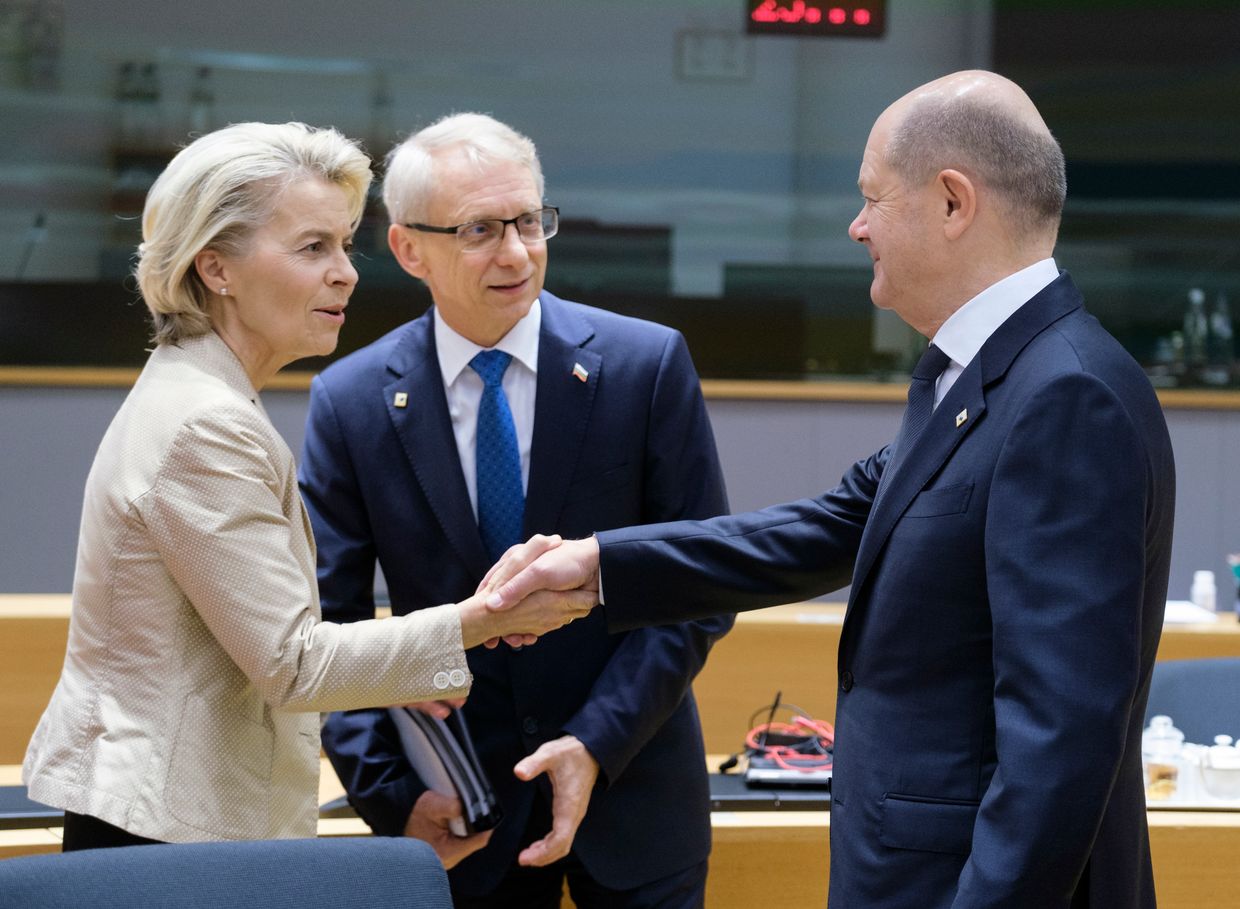US official: Frozen Russian assets won't be returned until Moscow pays for Ukraine's reconstruction

The roughly $300 billion in Russian assets that have been frozen by Ukraine's allies in the West will not be returned until Moscow pays for Ukraine's reconstruction, Assistant Secretary of State for European and Eurasian Affairs James O'Brien said at a U.S. Senate hearing on Nov. 8.
O'Brien said the frozen assets gave the U.S. and its allies "leverage" in discussions about how to get Russia to pay.
When asked what the U.S. would do if Russia refused to pay and blocked attempts to be forced to do so via its UN Security Council veto, O'Brien agreed with the suggestion that the "U.S. should consider all options" to force Russia to pay.
Russian officials issued strongly worded responses to O'Brien's statement, with some saying that it was an admission the assets would be seized.
Vyacheslav Volodin, speaker of the Russian parliament's lower house, characterized it as a declaration to "steal" the assets but then also claimed it would not affect the Russian economy.
Kremlin Press Secretary Dmitry Peskov said that Russia would challenge any attempt to seize the money and that it would entail "very serious judicial and legal costs for those who make such decisions." Peskov also threatened that Russia would respond with retaliatory measures, which would be "unlikely to be minor ones."
Earlier on Oct. 27 European leaders had expressed support for a proposal to use billions of euros in windfall taxes from Russian assets tied up in the West to rebuild Ukraine.
Russian officials also reacted unfavorably to the notion, referring to any confiscation of assets as "theft" and threatening to do the same to European assets.
During Russia’s full-scale invasion, Ukraine’s allies have frozen over $300 billion from Russia's central bank reserves, including 211 billion euros in the EU.
There have been suggestions since shortly after the beginning of the full-scale invasion that seized Russian assets should be used to pay for Ukraine's reconstruction, but concrete measures have not been taken yet.
Estimates on the cost of Ukraine's reconstruction have varied. A report by the World Bank in March 2023 put the figure at $411 billion, but others have put the number at higher than $1 trillion.













